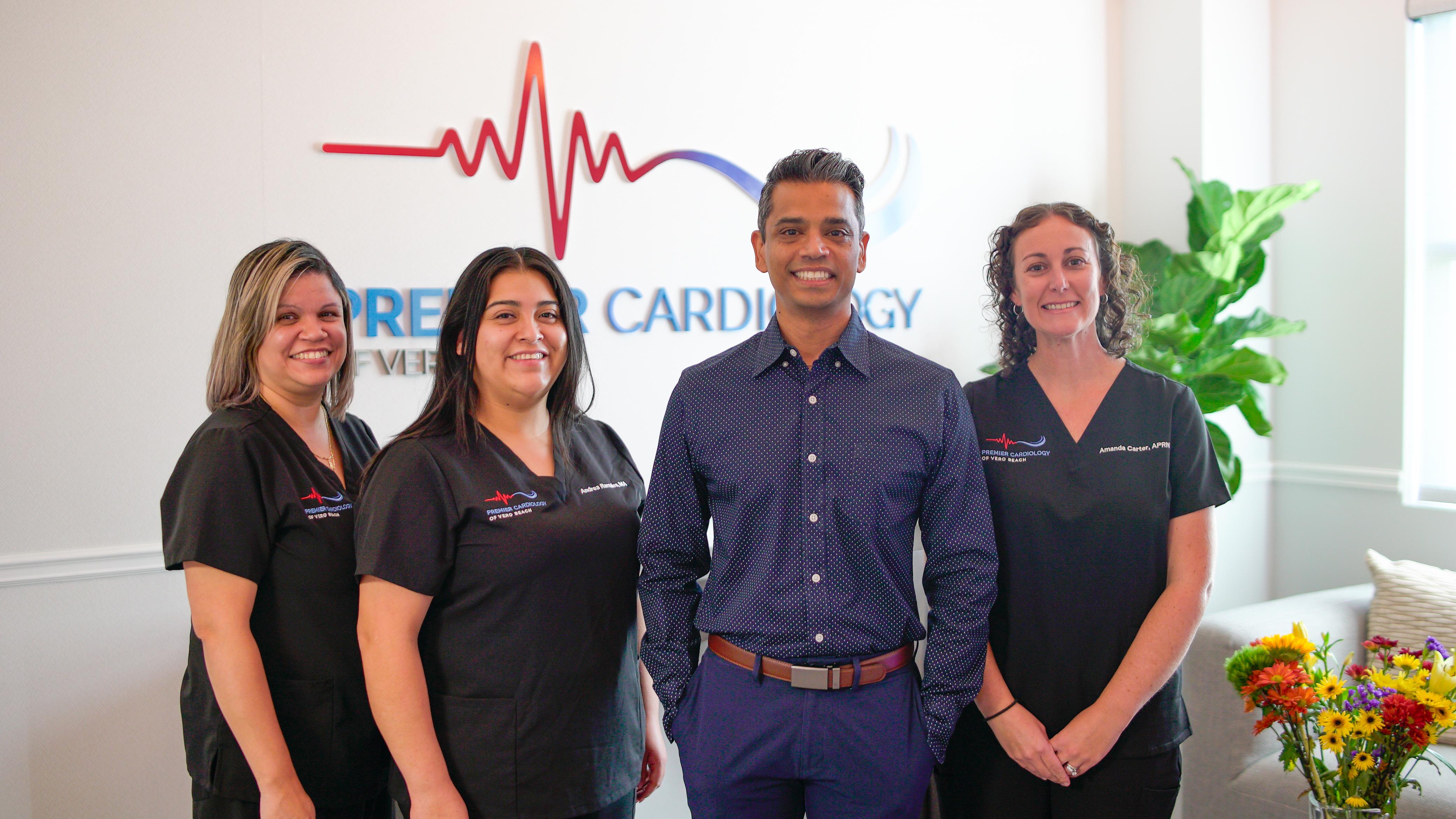
Atrial arrhythmia, also known as atrial fibrillation, is a common heart condition that causes an irregular heartbeat. It can lead to serious complications if left untreated. In this article, we will explore the various treatment options and medications available for managing atrial arrhythmia.
Treatment Options
1. Medications
- Anti-arrhythmic drugs: These medications help regulate the heart's rhythm by controlling the electrical signals that cause arrhythmias.
- Blood thinners: Atrial fibrillation increases the risk of blood clots, which can lead to stroke. Blood thinners help prevent clot formation. If you are looking for an atrial arrhythmia treatment, you may contact Premier Cardiology of Vero Beach.
2. Cardioversion
Cardioversion is a procedure that restores the heart's normal rhythm by delivering an electric shock or using medications.
3. Ablation
Ablation is a minimally invasive procedure that uses heat or cold energy to destroy the tissue causing the irregular heartbeats.
Medications
1. Anti-arrhythmic Drugs
Anti-arrhythmic drugs are the most common medications used to treat atrial arrhythmia. They work by controlling the electrical signals in the heart and restoring normal rhythm. Some common anti-arrhythmic drugs include:
- Flecainide
- Propafenone
- Sotalol
- Dofetilide
- Amiodarone
2. Rate Control Medications
Rate control medications help slow down the heart rate in patients with atrial arrhythmia. They do not restore normal rhythm but can help improve symptoms. Some common rate control medications are:
- Beta-blockers (e.g., Metoprolol, Atenolol)
- Calcium channel blockers (e.g., Diltiazem, Verapamil)
- Digoxin
3. Anticoagulants
Anticoagulants, also known as blood thinners, are essential for patients with atrial arrhythmia to prevent blood clots and reduce the risk of stroke. Some commonly prescribed anticoagulants include:
- Warfarin
- Apixaban
- Rivaroxaban
- Dabigatran
Conclusion
Managing atrial arrhythmia requires a comprehensive treatment plan that may include medications, procedures, and lifestyle modifications. It is essential to work closely with your healthcare provider to determine the most suitable treatment approach for your condition. By understanding the available treatment options and medications, you can better manage atrial arrhythmia and reduce the risk of complications.